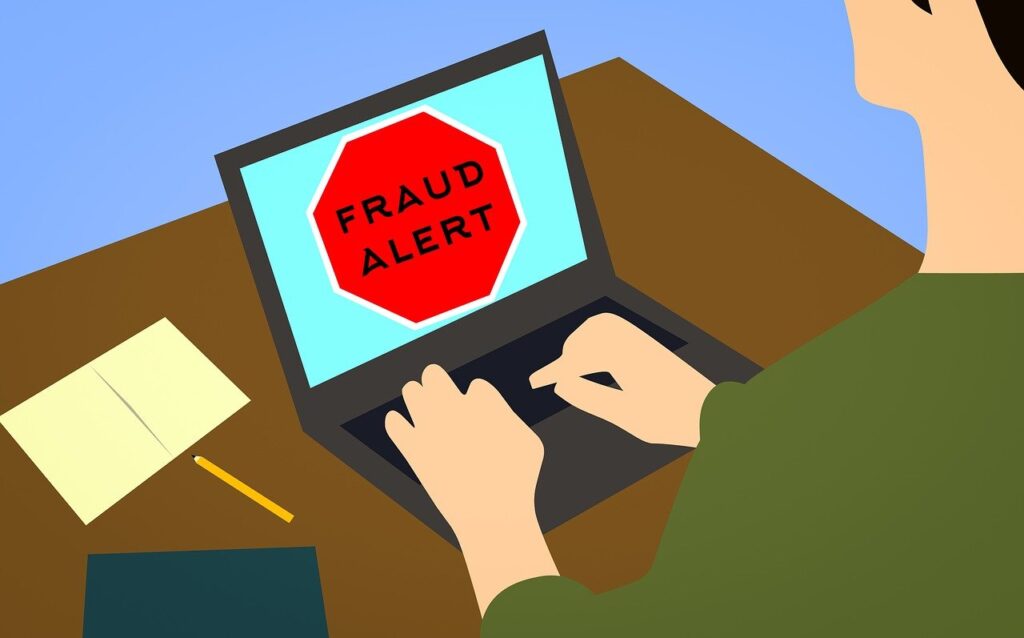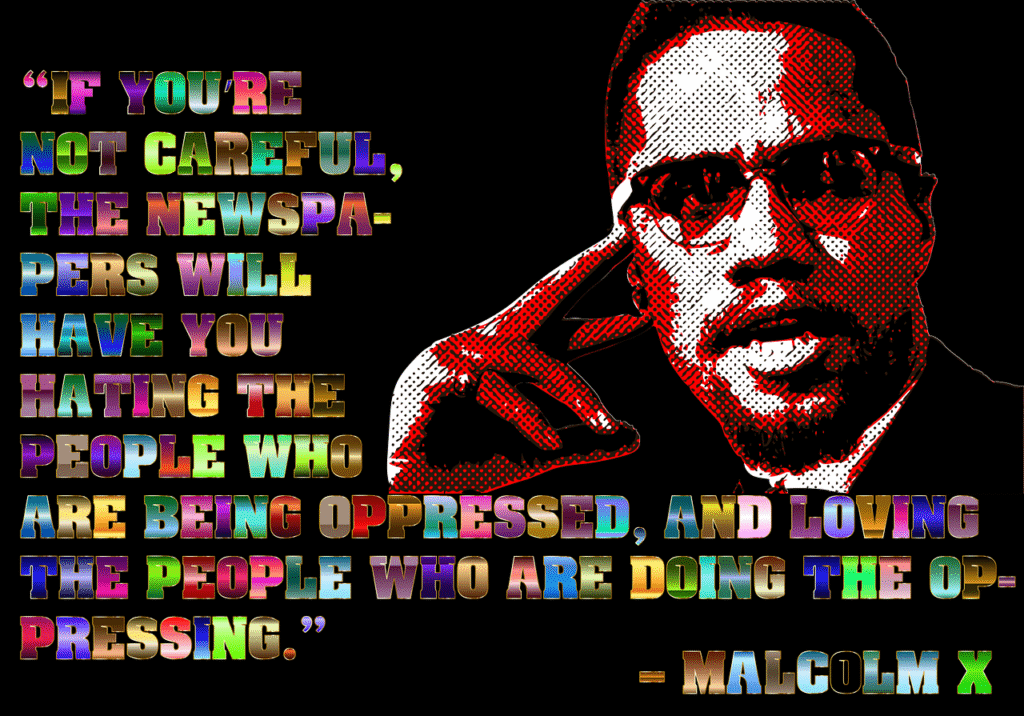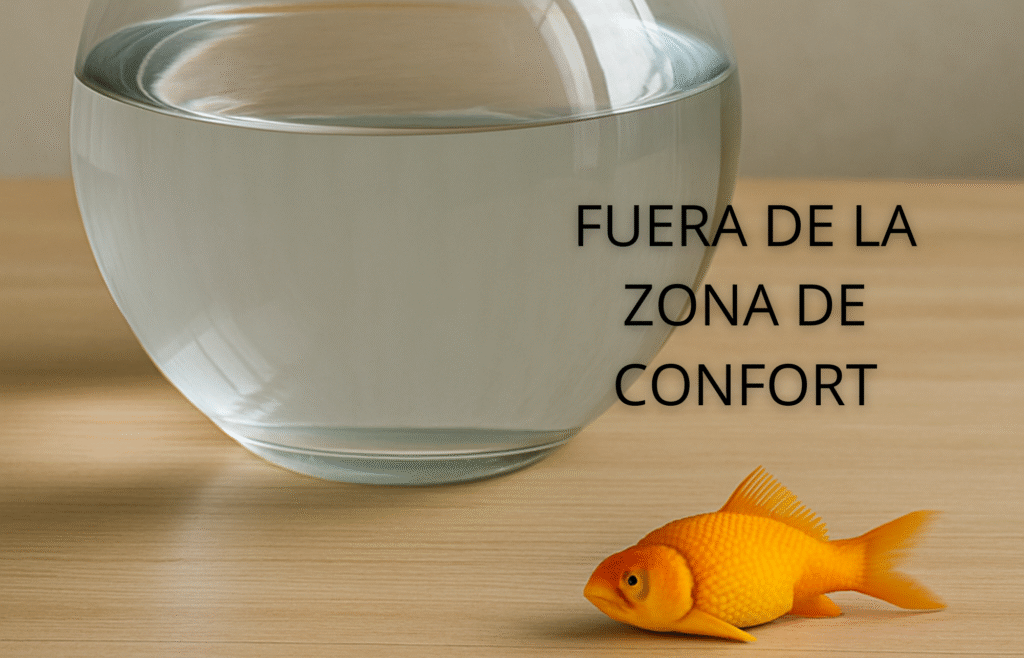We live in an age saturated with information, but also—and paradoxically—with massive misinformation 📱. While professionals like doctors, scientists, and psychologists dedicate years to rigorous training and work, a large number of people choose to trust figures who promise quick and easy answers: self-help gurus, untrained coaches, astrologers, or so-called “energy healers.”
This phenomenon leads me to wonder: What do these charlatans offer that experts can't? Why, despite the evidence and knowledge, do we choose the path of the immediate and the simplified?
Instant Solutions to Complex Processes
The key lies in the type of message conveyed. Specialists often explain that real change requires time, discipline, and sustained commitment. In contrast, charlatans sell immediate, effortless results, accompanied by an engaging and optimistic pitch.
For example, a doctor might say, "To lose weight, you need to improve your diet, exercise, get adequate rest, and maintain consistency." Meanwhile, a coach might say, "Take my 21-day challenge and transform your body and your life with just your mind, without diets or sacrifices." 💡 The emotional impact of this last message is undeniable and tends to capture more attention.
The Brain's Preference for Simplicity
According to Nobel Prize-winning economist Daniel Kahneman, our brains prefer "fast thinking": opting for simple, convenient solutions to complex problems. This tendency leads us to accept ideas that sound good, even if they lack foundation.

When someone tells us what we want to hear, our brain releases dopamine, the pleasure and reward hormone, generating a momentary feeling of validation and well-being, even if it's just an illusion 🎭.
Emotion Over Truth
The appeal of charlatans lies not only in the promise of easy solutions, but in their ability to make a person feel heard, motivated, and special. 🌟 In contrast, a psychologist will tell us that the road is long and requires therapy, while a guru will tell us that all we need to do is "think big and attract what we deserve."
It's clear that this formula is more seductive, and in a context of emotional uncertainty, it's understandable why many people prefer it.
The Crisis of Confidence in Science
We cannot ignore the fact that science has suffered a significant erosion of its credibility. Scandals, controversial decisions, and poor communication have contributed to a crisis of trust. While scientists acknowledge errors and adjust theories, charlatans present themselves as possessors of absolute truths, without evidence or accountability.
This lack of trust encourages the spread of irrational thinking and the proliferation of unfounded messages.
The Marketing of Deception
Social media has become fertile ground for the proliferation of "smoke sellers." Short, emotional, and viral videos, such as "Cure Your Anxiety in One Minute with This Magic Affirmation," outperform rigorous scientific articles on neurobiology.
Behind every empty message lies a lucrative business: coaching, miracle products, workshops, amulets, and courses that exploit desperation and the need for quick answers 💰.
Strategies to Counter Disinformation
Facing this problem is not easy, but there are possible paths:
- Promote critical thinking education from childhood 👶.
- Promote accessible and accessible scientific dissemination 📚.
- Encourage constant questioning of information, especially when it sounds too attractive or simplistic 🤔.

The truth, though uncomfortable, has the power to liberate and transform. As long as we continue to favor empty words that make us feel good, the smoke sellers will continue to gain ground.
Conclusion
As someone who observes this phenomenon, I recognize that the preference for quick fixes reflects a deep need for relief and meaning in a complex world. However, the choice between convenience and truth is not trivial. It invites us to take responsibility for our own discernment, to resist the seduction of the easy, and to value rigor as an indispensable path to understanding and transforming reality.
I invite you to share your opinion on how we can strengthen critical thinking and trust in legitimate knowledge in our society. You can also share if you or someone you know has ever been a victim of one of these charlatans.



Pingback: Felicidad comunitaria: el antídoto contra la soledad moderna - Horizonte Mental